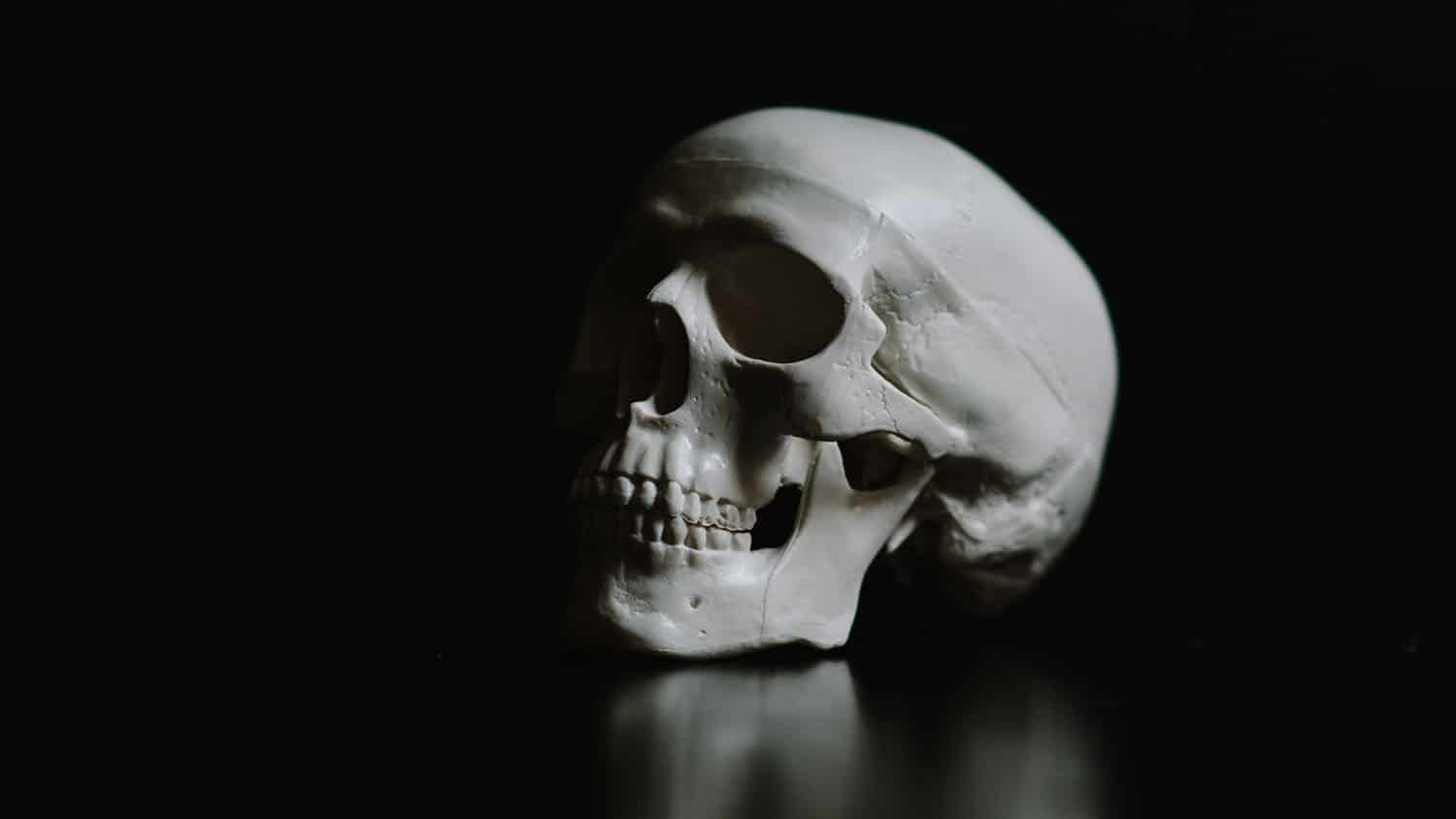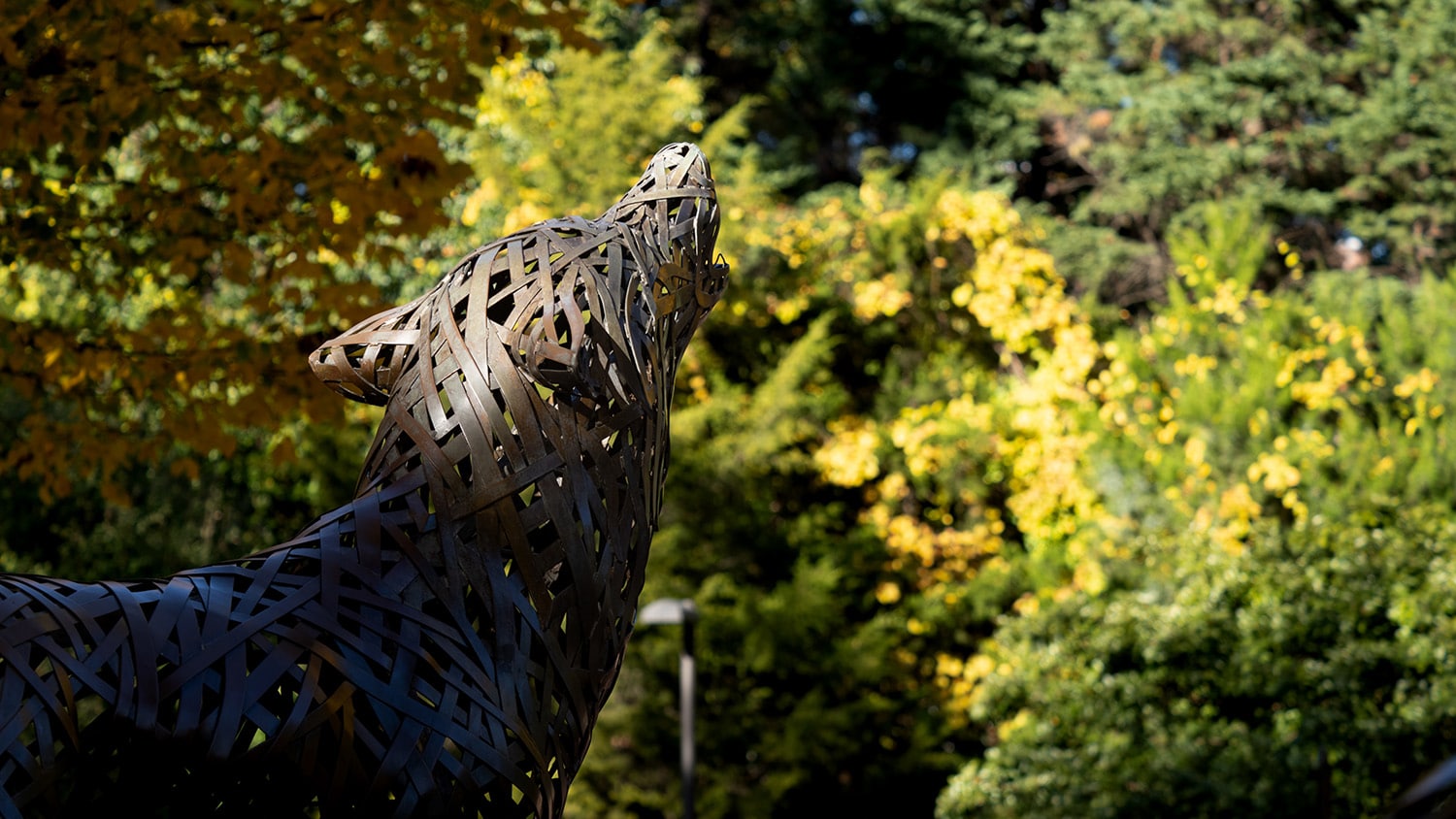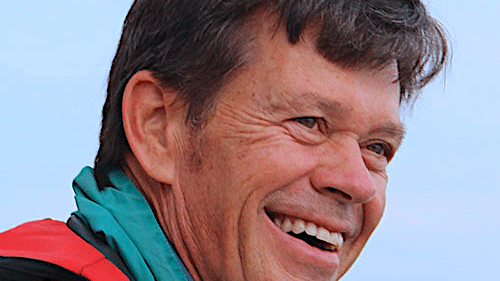For Immediate Release
Forensic researchers are calling for the research community to be more proactive about addressing systemic racism in the sciences – currently and historically – in order to address longstanding issues related to how Black people and their remains are treated by museum collections and society at large.
“The Black Lives Matter movement has called attention to systemic racism in a variety of contexts – including the way the remains of Black people have been collected, displayed and studied in museums and research collections,” says Ann Ross, co-author of a paper on the subject and a professor of biological sciences at North Carolina State University. “As forensic researchers who make use of these skeletal collections, we think this is an opportunity for us to encourage difficult conversations about these collections and what a path forward may look like.”
Skeletal collections serve as important resources for training forensic and biological anthropologists. They are also valuable sources of data used in a wide variety of anthropological research, helping us understand human societies and human biological variation over time.
However, many of these collections include skeletal remains that were collected without consent, under ethically dubious circumstances, or to advance explicitly racist anthropological theories.
“These are all things that we need to account for and address today,” Ross says.
One of the key questions that needs to be asked is what should be done with the remains that are in these collections.
“In almost every case, we know the names of the people whose remains are found in skeletal collections,” Ross says. “We think it is important for institutions to engage with relevant descendants, stakeholders and communities to determine whether the remains should be repatriated and interred. This is particularly important in instances where there was no clear consent given for the remains to be added to collections.
“Skeletal collections are tremendously important to our field and our work – there is no doubt about that. But descendant communities need to have a voice here.”
The researchers argue that the anthropology community also has a larger obligation.
“We need to insist on uncomfortable conversations and openly encourage criticism on issues related to race,” Ross says. “If we are not proactively engaging with these issues – both publicly and within our discipline – it will be impossible to build or maintain trust in our institutions and our work.”
The paper, “Ethical dilemmas in skeletal collection utilization: Implications of the Black Lives Matter movement on the anatomical and anthropological sciences,” is published in The Anatomical Record. Lead author of the paper is Shanna Williams, a forensic science researcher and associate professor of biomedical sciences at the University of South Carolina School of Medicine Greenville.
-shipman-
Note to Editors: The study abstract follows.
“Ethical dilemmas in skeletal collection utilization: Implications of the Black Lives Matter movement on the anatomical and anthropological sciences”
Authors: Shanna E. Williams, University of South Carolina School of Medicine Greenville; Ann H. Ross, North Carolina State University
Published: Dec. 2, The Anatomical Record
DOI: 10.1002/ar.24839
Abstract: The Black Lives Matter (BLM) movement has brought to the public eye longstanding issues of social and racial injustice which have permeated the experiences of individuals of African ancestry in the United States and abroad for centuries. Motivated by a desire to disassemble a framework of systemic racism, the BLM movement has infiltrated numerous social and political arenas including the sciences, demanding change. The impact of the BLM movement is evident in the attention recently garnered by protests of museum skeletal collections’ acquisition and handling of African/African American human remains. It is from this vantage point that we explore the ethical issues pervasive within United States skeletal collections and forensically relevant issues surrounding the unclaimed decedents of marginalized populations; colonial/imperial ideological formations, which construct and sustain power differentials in anatomization; and conceive of a path forward that prioritizes personhood.
This post was originally published in NC State News.



